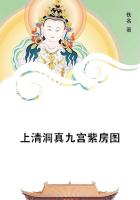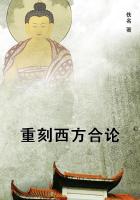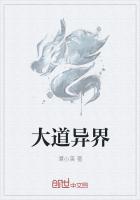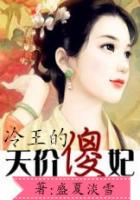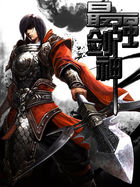Woman, therefore, as woman, is not deserving of much consideration, but a particular woman, as Head of a Household, is entitled to speak on all questions directly affecting the household under her care. If, for instance, it be proposed to increase or diminish her household's share of the land and the burdens, she will be allowed to speak freely on the subject, and even to indulge in personal invective against her male opponents. She thereby exposes herself, it is true, to uncomplimentary remarks; but any which she happens to receive she is pretty sure to repay with interest--referring, perhaps, with pertinent virulence to the domestic affairs of those who attack her. And when argument and invective fail, she can try the effect of pathetic appeal, supported by copious tears.
As the Village Assembly is really a representative institution in the full sense of the term, it reflects faithfully the good and the bad qualities of the rural population. Its decisions are therefore usually characterised by plain, practical common sense, but it is subject to occasional unfortunate aberrations in consequence of pernicious influences, chiefly of an alcoholic kind. An instance of this fact occurred during my sojourn at Ivanofka. The question under discussion was whether a kabak, or gin-shop, should be established in the village. A trader from the district town desired to establish one, and offered to pay to the Commune a yearly sum for the necessary permission. The more industrious, respectable members of the Commune, backed by the whole female population, were strongly opposed to the project, knowing full well that a kabak would certainly lead to the ruin of more than one household; but the enterprising trader had strong arguments wherewith to seduce a large number of the members, and succeeded in obtaining a decision in his favour.
The Assembly discusses all matters affecting the Communal welfare, and, as these matters have never been legally defined, its recognised competence is very wide. It fixes the time for making the hay, and the day for commencing the ploughing of the fallow field; it decrees what measures shall be employed against those who do not punctually pay their taxes; it decides whether a new member shall be admitted into the Commune, and whether an old member shall be allowed to change his domicile; it gives or withholds permission to erect new buildings on the Communal land; it prepares and signs all contracts which the Commune makes with one of its own members or with a stranger; it interferes whenever it thinks necessary in the domestic affairs of its members; it elects the Elder--as well as the Communal tax-collector and watchman, where such offices exist--and the Communal herd-boy; above all, it divides and allots the Communal land among the members as it thinks fit.
Of all these various proceedings the English reader may naturally assume that the elections are the most noisy and exciting. In reality this is a mistake. The elections produce little excitement, for the simple reason that, as a rule, no one desires to be elected. Once, it is said, a peasant who had been guilty of some misdemeanor was informed by an Arbiter of the Peace--a species of official of which I shall have occasion to speak in the sequel--
that he would be no longer capable of filling any Communal office;
and instead of regretting this diminution of his civil rights, he bowed very low, and respectfully expressed his thanks for the new privilege which he had acquired. This anecdote may not be true, but it illustrates the undoubted fact that the Russian peasant regards office as a burden rather than as an honour. There is no civic ambition in those little rural commonwealths, whilst the privilege of wearing a bronze medal, which commands no respect, and the reception of a few roubles as salary afford no adequate compensation for the trouble, annoyance, and responsibility which a Village Elder has to bear. The elections are therefore generally very tame and uninteresting. The following description may serve as an illustration:
It is a Sunday afternoon. The peasants, male and female, have turned out in Sunday attire, and the bright costumes of the women help the sunshine to put a little rich colour into the scene, which is at ordinary times monotonously grey. Slowly the crowd collects on the open space at the side of the church. All classes of the population are represented. On the extreme outskirts are a band of fair-haired, merry children--some of them standing or lying on the grass and gazing attentively at the proceedings, and others running about and amusing themselves. Close to these stand a group of young girls, convulsed with half-suppressed laughter. The cause of their merriment is a youth of some seventeen summers, evidently the wag of the village, who stands beside them with an accordion in his hand, and relates to them in a half-whisper how he is about to be elected Elder, and what mad pranks he will play in that capacity.
When one of the girls happens to laugh outright, the matrons who are standing near turn round and scowl; and one of them, stepping forward, orders the offender, in a tone of authority, to go home at once if she cannot behave herself. Crestfallen, the culprit retires, and the youth who is the cause of the merriment makes the incident the subject of a new joke. Meanwhile the deliberations have begun. The majority of the members are chatting together, or looking at a little group composed of three peasants and a woman, who are standing a little apart from the others. Here alone the matter in hand is being really discussed. The woman is explaining, with tears in her eyes, and with a vast amount of useless repetition, that her "old man," who is Elder for the time being, is very ill, and cannot fulfil his duties.
"But he has not yet served a year, and he'll get better," remarks one peasant, evidently the youngest of the little group.




